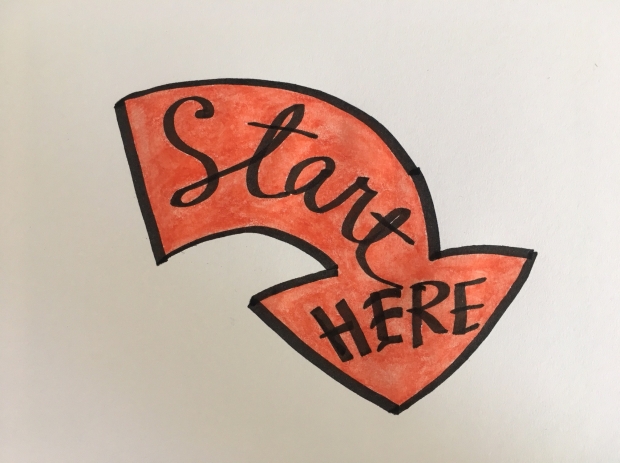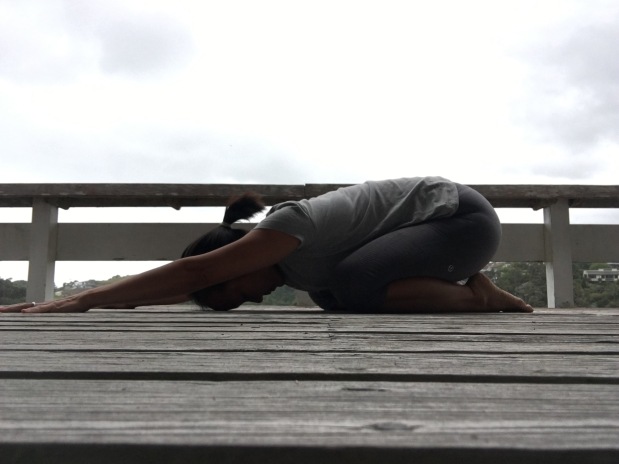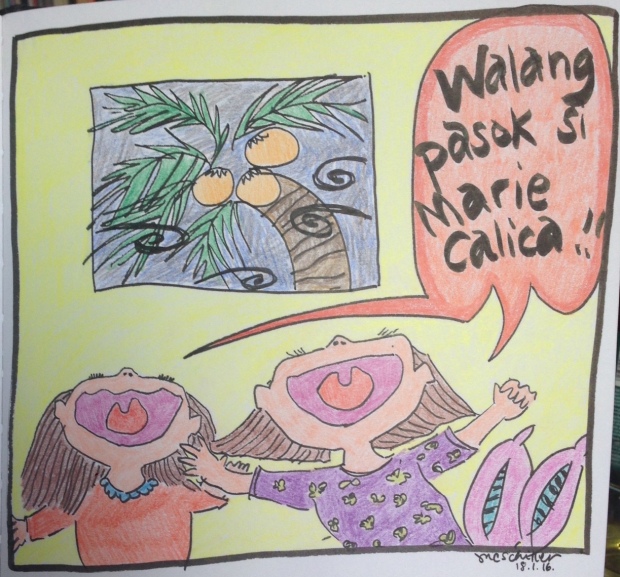 It’s embarrassing to admit this, but I didn’t learn how to drive until late last year—a few months shy of my 44th birthday. How or why it took so long to do so is another story, but the reason I’m sharing this has to do with being a beginner.
It’s embarrassing to admit this, but I didn’t learn how to drive until late last year—a few months shy of my 44th birthday. How or why it took so long to do so is another story, but the reason I’m sharing this has to do with being a beginner.
Being a newbie on the road (my driver’s license is barely six months old) has made me remember how humbling it is to start from zero. If you want to learn, you have to take that uncomfortable first step into the unfamiliar, even if it means looking like a fool.
As a yoga teacher, I have taught many beginners, who on their first day of class are uneasy to share a space with more advanced students. I assure them that we all start from the beginning, and not to worry if they don’t know the posture names, how to get into the poses, or if they can’t tell left from right. That comes with time.
The funny thing is, once you’ve learned how to do something, it’s very hard to go back to that mindset of not knowing how to do it. When I’m on the road, I see the impatience and frustration of experienced drivers when I go too slow, or when I can’t get into a parking slot in one swift go. They’ve forgotten what it’s like to be a newbie like me.
In the book “Made to Stick,” authors Chip and Dan Heath write about “The Curse of Knowledge.” “Once we know something, we find it hard to imagine what it was like not to know it. Our knowledge has ‘cursed’ us,” say the authors. Reading about this concept has shifted my perspective immensely and has made me understand the way people behave the way they do in a new situation. It has also made me stretch my patience with my 2-year old when she is adamant about putting her pants on herself, when we need to leave the house in five minutes. When I see her falling over herself and struggling to put both legs in one pant leg as she screams high-pitch in deep frustration, I put myself in her shoes and imagine what it’s like to not be able to dress myself. And suddenly, I give her some slack.
As long as we continue to learn new things, we will always find ourselves going back to ground zero. And that’s a good thing, because going back to the start means we’re making more space for growth.
So the next time the person in front of you at the cash machine can’t figure out the touch screen technology, or the slowpoke ahead of you at the parking lot is struggling to position her car (take a good look—that driver might even be me), or when your mom or dad can’t figure out how to take a photo on their new smartphone, remember: those things were once new to you, too. Besides, one day, you’ll be a fumbling newbie at something else, and you’ll need other people to be patient with you.

